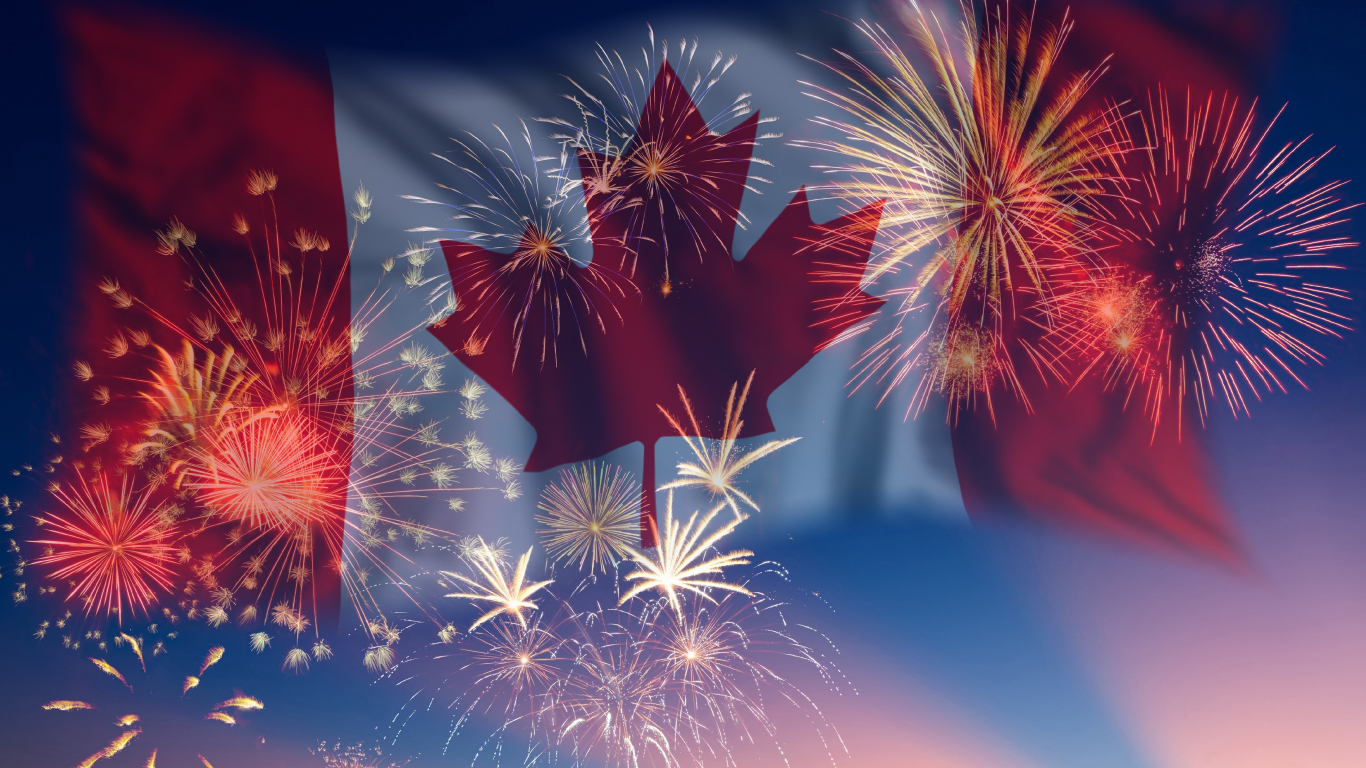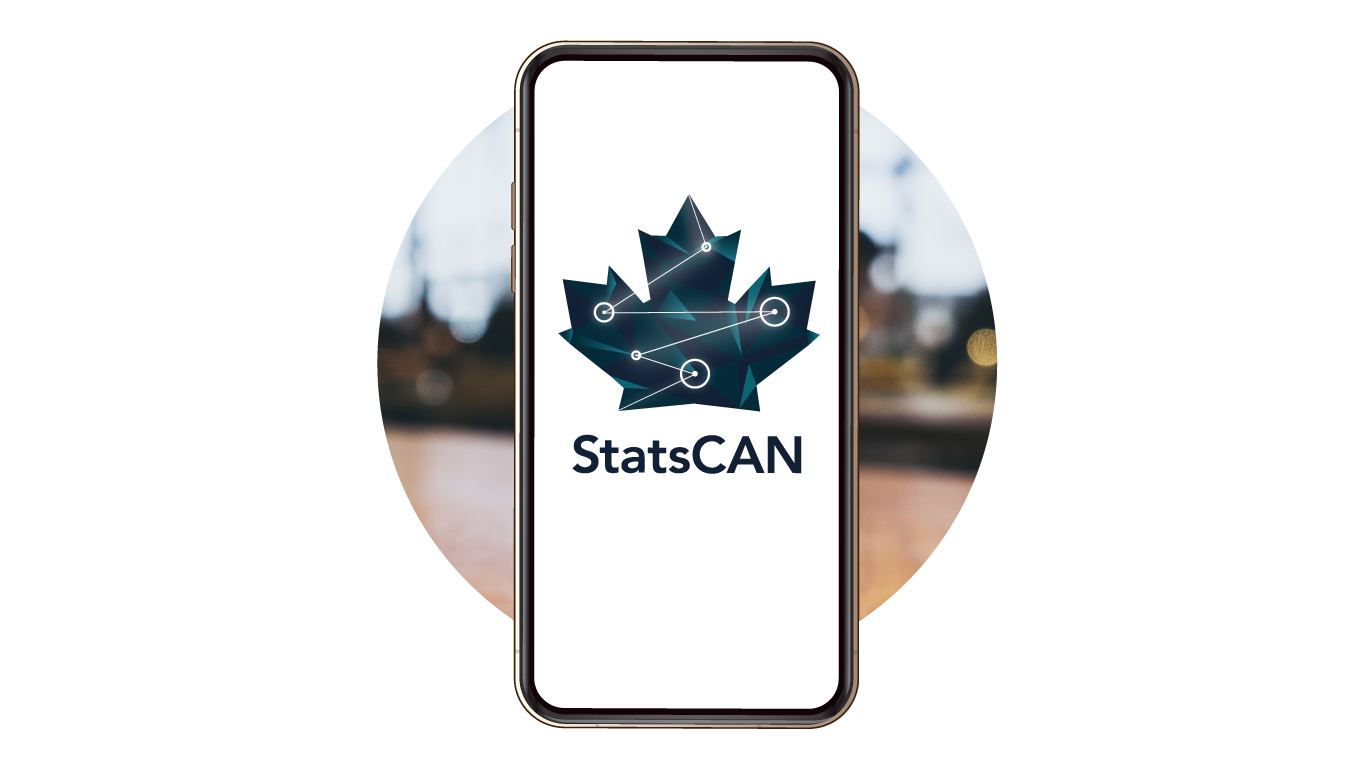
Canada is truly a quilt of many people with very diverse ethnocultural backgrounds.
In fact, Canadians reported over 450 different ethnic or cultural origins during the 2021 Census of Population. Let’s take a look at some of the larger and smaller ethnic or cultural groups from around the world found here in Canada, which make us the multicultural mosaic that we are today.
Before we start, let’s acknowledge those who trace their roots back long before there was a Canada, namely the 2.2 million people who reported Indigenous ancestry during the 2021 Census—including 1.4 million people who reported at least one of 104 First Nations ancestries, 560,335 with Métis ancestry and 82,010 with Inuit ancestry.
While the census collects specific data on North American Indigenous peoples, including the various First Nations, Métis, and Inuit populations, the responses to the ethnic and cultural origin questions highlight that many Indigenous people from around the world live in Canada today.
Follow-up question on Indigenous identity in the census
In the Census of Population, a separate set of questions was asked to identify the First Nations, Métis and Inuit populations—the three Indigenous groups recognized in the Constitution Act, 1982. Based on these questions, there were 1.8 million Indigenous people in the country in 2021, representing 5.0% of the total population.
The colonial history of Canada has profoundly impacted Indigenous peoples and their governance, languages and cultures. However, through the efforts and resilience of Indigenous people and their communities, important steps have been taken toward reconciliation and the rebuilding of ties to the unique cultures and languages of First Nations, Métis and Inuit.
North America: Over one in six Canadians counted themselves “Canadian” during the census
Just under 5.7 million respondents reported “Canadian” as their ethnic or cultural origin during the 2021 Census, making “Canadian” the largest ethnic or cultural group nationally.
Respondents also reported an ethnic or cultural affiliation to a distinct region within Canada. For example, 15,650 people reported Gaspesian as their ethnic or cultural origin, while 13,065 reported Cape Bretoner. Over 9 in 10 Gaspesians (92.5%) were living in Quebec at the time of the 2021 Census, while three in five Cape Bretoners (59.9%) were living in Nova Scotia.
Respondents also reported a connection to a distinct group of people within Canada. For example, 6,480 respondents reported African Nova Scotian ethnic or cultural origin during the 2021 Census, with 58.8% living in Nova Scotia and 25.5% living in Ontario.
Half of Canadians report European ancestry
Just over 19 million respondents reported European origins during the 2021 Census, with 5.3 million reporting English as their ethnic origin, making it the second-largest ethnic group in Canada.
One of the smallest European ethnic groups reported during the census was Sami (1,370 people), an Indigenous people whose homeland is in northern Scandinavia. Just under two-thirds of those reporting Sami ethnic or cultural origin were living in either British Columbia (480 people) or Ontario (425).
Over one in five Canadians report Asian origins
Just over 7 million respondents reported Asian origins in 2021, with Chinese (1.7 million people) being the most common response. Just over half of the respondents reporting an Asian origin were living in Ontario (3.6 million) at the time of the census.
Approximately 1,390 people reported Circassian ethnic or cultural origins during the 2021 Census, with most living in Ontario (680 people) or Quebec (335). Circassia is a region in the northern Caucasus astride the Black Sea.
Egyptian is the most reported African ethnic or cultural origin in Canada
Just under 1.4 million respondents reported African origins in 2021, with Egyptian being the most common response (105,245 people). Over three in four people reporting Egyptian ethnic or cultural origins were living in Ontario (54,210) or Quebec (30,245) at the time of the census.
Zulu are a native people of southern Africa and the largest ethnic group in South Africa. Of the 1,285 respondents reporting Zulu ethnic or cultural origins during the 2021 Census, just over two-thirds called Ontario (485 people) or Alberta (405) home.
Latin, Central and South America: From Mexican to the Mapuche
In 2021, 900,495 respondents reported Latin, Central and South American origins, with Mexican being the most common response at 155,495 people. Over one in three Mexicans (35.5%) living in Canada at the time of the census called Ontario home.
Mapuche ethnic or cultural origin was reported by 1,645 people. The Mapuche are an Indigenous people whose homeland is in southern Chile and Argentina. Just over half of the respondents reporting Mapuche ethnic or cultural origins were living in Ontario (495 people) or Quebec (460) at the time of the 2021 Census.
Caribbean: Under the volcano
Caribbean origins were reported by 774,510 respondents in 2021, with almost one-third reporting Jamaican ethnic or cultural origins. Over four in five Canadians who reported Jamaican ethnic or cultural origins in the spring of 2021 were living in Ontario (201,945).
Montserratian was one of the smallest Caribbean ethnicities reported in Canada in 2021, at 890 people. However, the number of respondents reporting Montserratian ethnic or cultural origins at the time of the census was almost one-fifth the size of the population of Montserrat (4,294 people in 2023).
Montserrat is home to an active volcano, which erupted in 1995, forcing the evacuation of two-thirds of the population of the island by 2000. Although the volcano has been relatively quiet since 2010, over half the island remains uninhabitable.
Oceania: Aussie rules
Approximately 105,010 respondents reported an ethnic or cultural origin from Oceania in 2021. Australian was the most common response, with the largest share living in British Columbia (18,505 people).
During the 2021 Census, 2,805 people reported Maori ethnic or cultural origins, with most living in British Columbia (1,275 people), Ontario (695) or Alberta (540). Maori are the Indigenous Polynesian people of New Zealand.

StatsCAN app
Did you know you can read StatsCAN Plus articles and more on the StatsCAN app? If you’re already using the app, let us know what you think by leaving a review in the App Store and Google Play.
Contact information
For more information, contact the Statistical Information Service (toll-free 1-800-263-1136; 514-283-8300; infostats@statcan.gc.ca) or Media Relations (statcan.mediahotline-ligneinfomedias.statcan@statcan.gc.ca).
